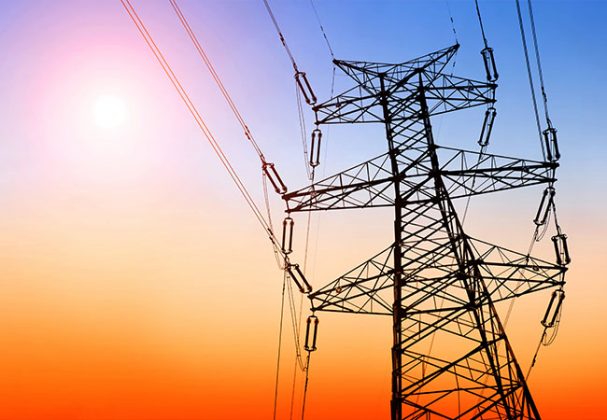The Energy Ministry is confident of harnessing at least one gigagwatt of power from nuclear sources, as it finalises proposals to be submitted to Cabinet for approval. Officials of the ministry yesterday held a meeting with the Minister of Environment, Science, Technology and Innovation as well as other stakeholders, where an agreement was reached to nearly triple the country’s current installed power capacity.
Ghana has over 4,000 megawatts (MW) of installed electricity generation capacity including renewable sources, though actual availability barely exceeds 2,400 MW due to changing hydrological conditions, inadequate fuel supplies and poor energy infrastructure.
According to the Communications Director at the Energy Ministry, Nana Damoah, the nuclear energy plan will be laid before Cabinet for approval soon.The latest move is part of attempts by government to diversify the country’s energy mix, having set up a Nuclear Regulatory Authority to spearhead the implementation of Ghana’s Nuclear Power Programme (NPP).
The country has passed all 19 infrastructural requirements to be considered for the commencement of an NPP, which is the first of three phases required by the International Atomic Energy Agency (IAEA) before the development of a national infrastructure for nuclear power.
Despite the progress made to add nuclear power to the existing thermal, hydro and other renewable sources, it is expected that power from nuclear will be ready after a decade.
Nuclear Power Ghana
Last year, Professor Kwabena Frimpong Boateng, the Minister of Environment, Science, Technology and Innovation, announced that a team had been constituted to embark on a reconnaissance trip for a preliminary assessment and collection of site data for the Nuclear Power Programme.
The nine-member team, known as “Nuclear Power Ghana”, is to oversee the full implementation of the programme.
The Volta River Authority, Bui Power Authority, and Ghana Atomic Energy Commission have been tasked to support the setting up of the structures for a nuclear power plant, taking into consideration the timelines outlined by government.
Prof. Frimpong Boateng said China, France, Russia and the United States have all expressed interest in Ghana’s Nuclear Energy Programme and expressed their readiness to collaborate with the nation towards the realisation of the plan.
The Minister noted that the nation has competent and well-trained scientists and functional institutions, including the Nuclear Power Institute, Ghana Atomic Energy Commission, Nuclear Regulatory Authority, and School of Allied and Nuclear Sciences, that can champion the country’s Nuclear Energy Programme.
According to him, for more than 25 years, the country has been operating a research reactor—which is a miniature of a nuclear power plant—noting that Ghana has trained nuclear scientists from other African countries as well as students from Pakistan and Iran.
He said some sites have been identified for the establishment of a nuclear power plant and that a team was collecting data on the candidate sites.
Prof. Frimpong Boateng said Ghana had completed the construction of a replica of a research reactor to serve as a training facility for any country embarking on reactor core conversion, with a training programme completed for some Nigerians.
Sorce: Nii Annerquaye Abbey

